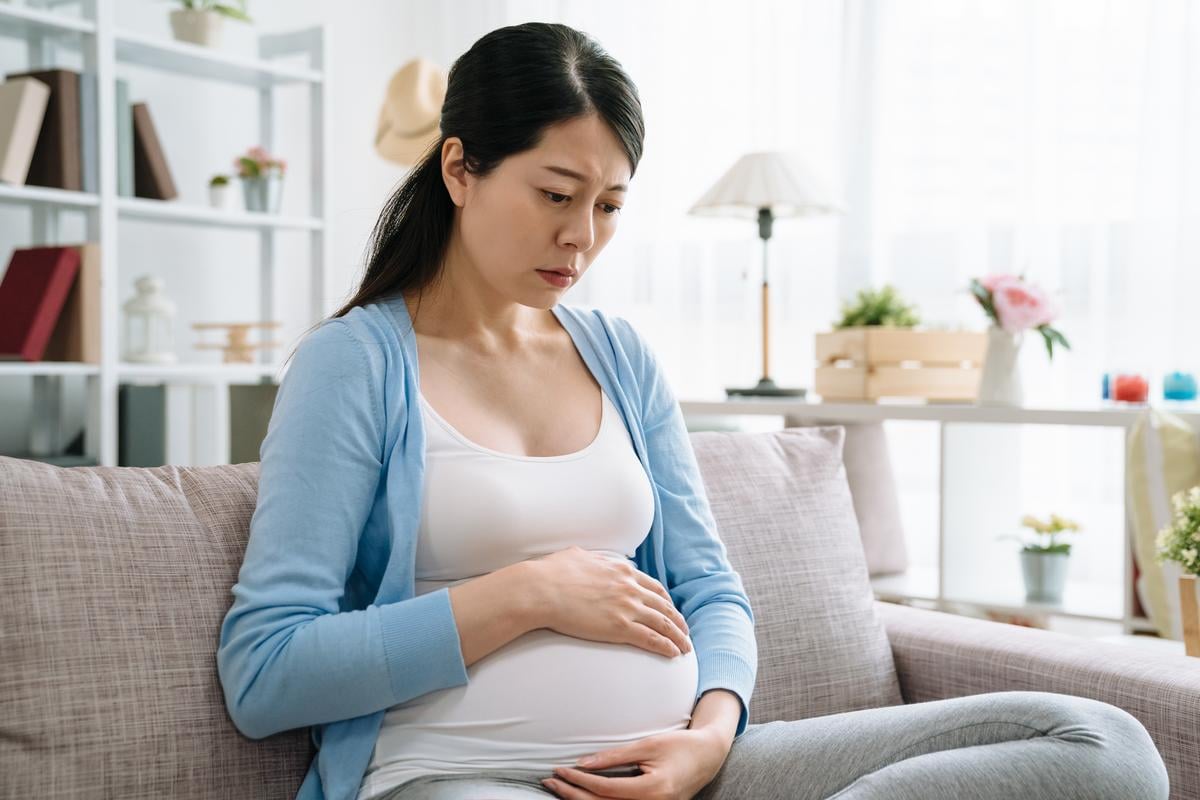Researcher says antenatal care should empower women before childbirth
By Lori Solomon HealthDay Reporter
WEDNESDAY, Aug. 13, 2025 (HealthDay News) — A woman’s sense of mental well-being is the strongest predictor of how fearful she is about childbirth, according to a study published online July 4 in the Journal of Psychosomatic Obstetrics & Gynecology.
Katrina E. Forbes-McKay, Ph.D., from the School of Law and Social Science at Robert Gordon University in Aberdeen, Scotland, and colleagues conducted a cross-sectional study to explore the relationship of positive mental well-being and childbirth self-efficacy with fear of childbirth during pregnancy using a Salutogenic lens. The analysis included survey results from 88 pregnant women in their third trimester.
The researchers found that 12 percent of respondents showed a severe fear of childbirth. There was a negative correlation between fear of childbirth and mental well-being, childbirth self-efficacy expectancy, and self-efficacy outcome. Higher mental well-being (β = −0.39) was the strongest predictor of lower fear of childbirth. Childbirth self-efficacy expectancy also contributed significantly (β = 0.28).
“While many studies have explored the negative effects of childbirth fear, including prolonged labor, emergency cesareans and postpartum mental health issues, there has been little research into what protects women from experiencing those fears,” Forbes-McKay said in a statement. “Our findings highlight the need for antenatal care that doesn’t just teach women what to do during labor but also empowers them to believe they can do it.”
Copyright © 2025 HealthDay. All rights reserved.







